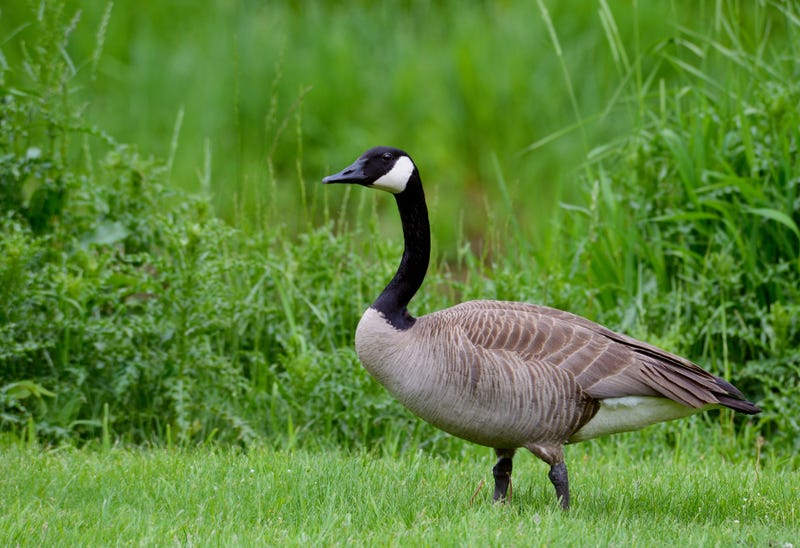
MACOMB COUNTY, Mich. (WWJ) – Officials with the Michigan Department of Natural Resources say a highly pathogenic avian influenza (bird flu) has been confirmed in wild birds in Macomb, Monroe and St. Clair Counties.
DNR officials say the bird flu has been identified in wild birds in each county.
The CDC says the risk to people from the bird flu is low. To date, no human infections have been detected in the U.S, according to the DNR.
While the HPAI was first detected in a non-commercial poultry flock in Kalamazoo County back in February, the disease has now been detected in wild birds.
It was identified in free-ranging Canada geese and tundra swans in St. Clair County, snowy owls in Macomb County and a mute swan from Monroe County, the DNR said.
Avian influenza is a virus that can infect both free-ranging and domestic poultry such as chickens, turkeys, quail, geese and swans.

DNR officials say six Canada geese and two tundra swans collected last week at St. Clair Flats State Wildlife Area and two snowy owls from Macomb County were delivered to the DNR's Wildlife Disease Laboratory for necropsy.
Initial testing was performed at Michigan State University's Veterinary Diagnostic Lab and were non-negative, according to the DNR. The samples were then forwarded to the U.S. Department of Agriculture's National Veterinary Services Lab in Ames, Iowa, for final confirmation. The DNR received confirmation Thursday, March 24, the geese, swans and owls were infected with highly pathogenic avian influenza, subtype H5N1.
An additional positive case was identified in a mute swan from Monroe County on March 15.
Health and wildlife officials are urging poultry owners to “step up their own biosecurity precautions by minimizing the number of people coming in contact with birds, isolating birds from wild birds whenever possible, and disinfecting hands and clothing after coming in contact with poultry.”
DNR Director Dan Eichinger said the state's ongoing focus is working to prevent the disease's spread in wildlife and domestic poultry.
"This confirmed positive finding of highly pathogenic avian influenza in wild birds prompts several steps that are informed by Michigan's Surveillance and Response Plan for HPAI in wildlife," Eichinger said, per a press release. "The DNR and MDARD are working that plan with other experts and stakeholders and taking advantage of every available resource that aims to limit the spread of HPAI."
More information on the avian influenza can be found on the DNR's website.

